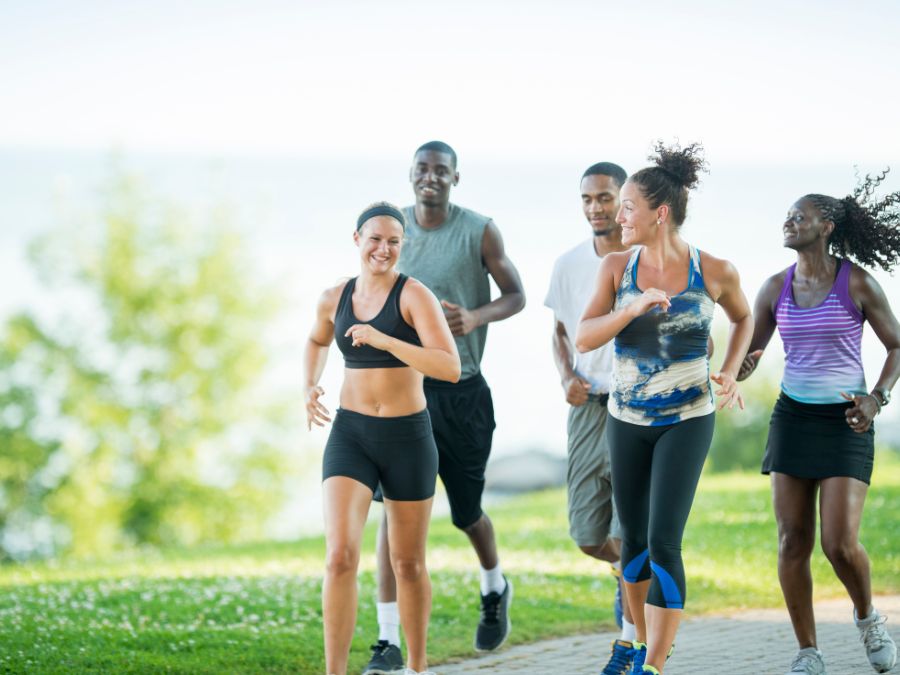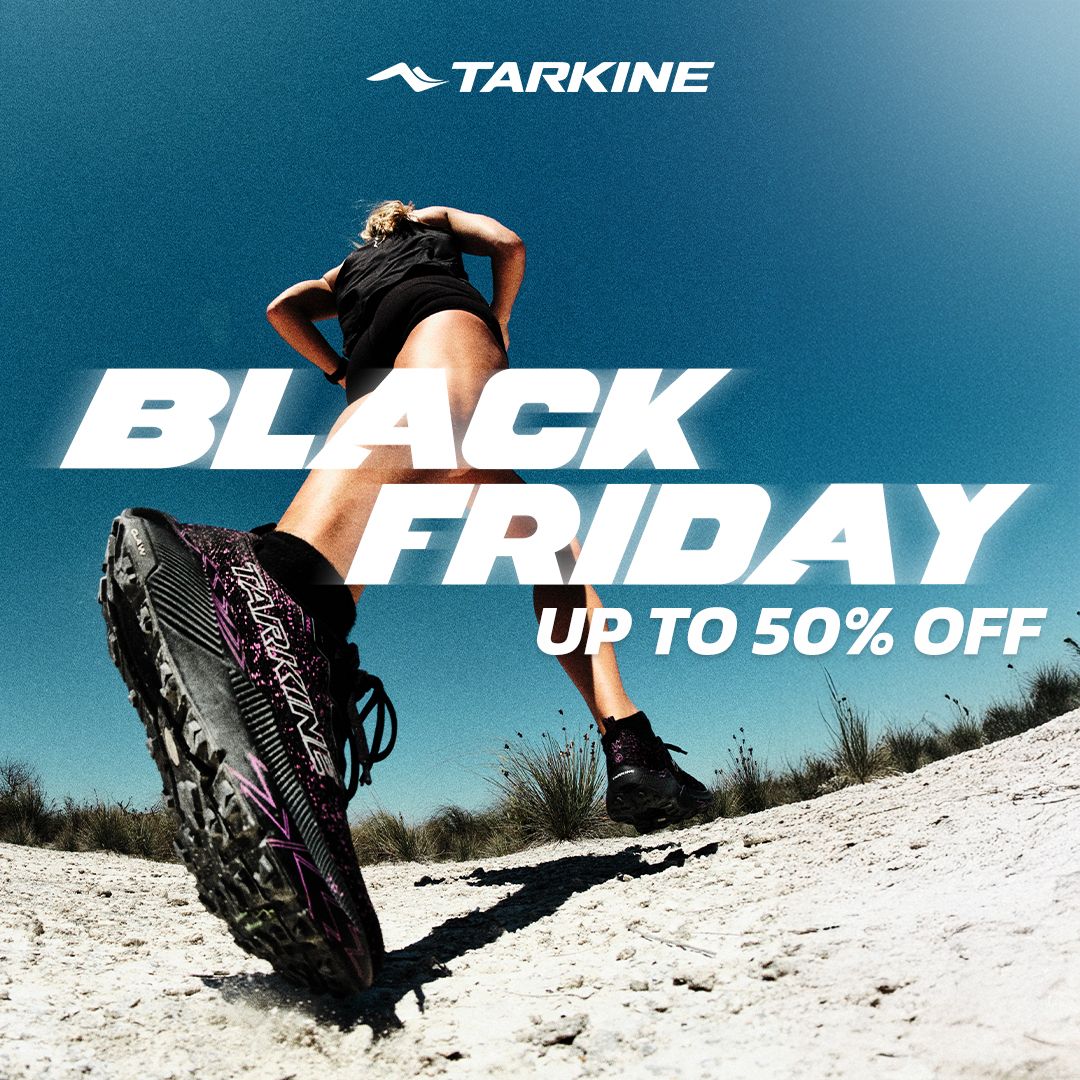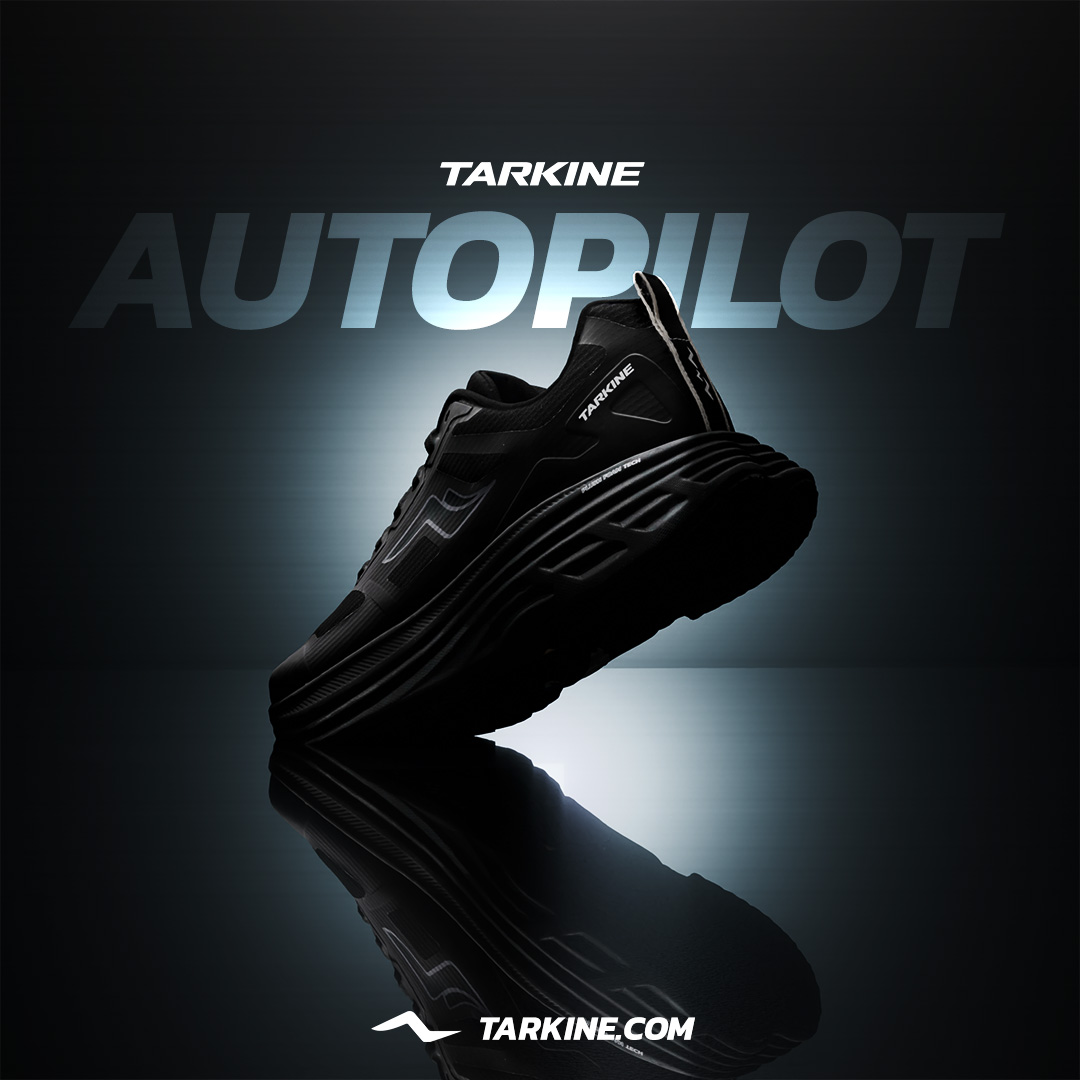Running is a favorite activity for many, not just because it offers a mental escape or the chance to spend time in nature, but also for its undeniable health benefits. Among these, calorie burning is often at the top of the list. In fact, a survey by Running USA reveals that three out of four runners lace up their shoes primarily to stay healthy and in shape. But while most people know running is a great way to burn calories, many overestimate how many calories they’re actually torching on each run.

So, how many calories does running really burn? A study published in Medicine and Science in Sports and Exercise found that runners overestimated their calorie burn by as much as 72 percent. Let’s break down how to accurately calculate your calorie burn per mile and explore some tips to help you maximize the benefits of your running routine.
How Many Calories Does Running One Mile Burn?
While it’s difficult to pinpoint an exact number for everyone, a good rule of thumb is that the average runner burns around 100 calories per mile. However, this number varies based on several factors like intensity, weight, and running mechanics. April Gatlin, a certified personal trainer and senior master coach, explains that these variables can significantly affect calorie expenditure.
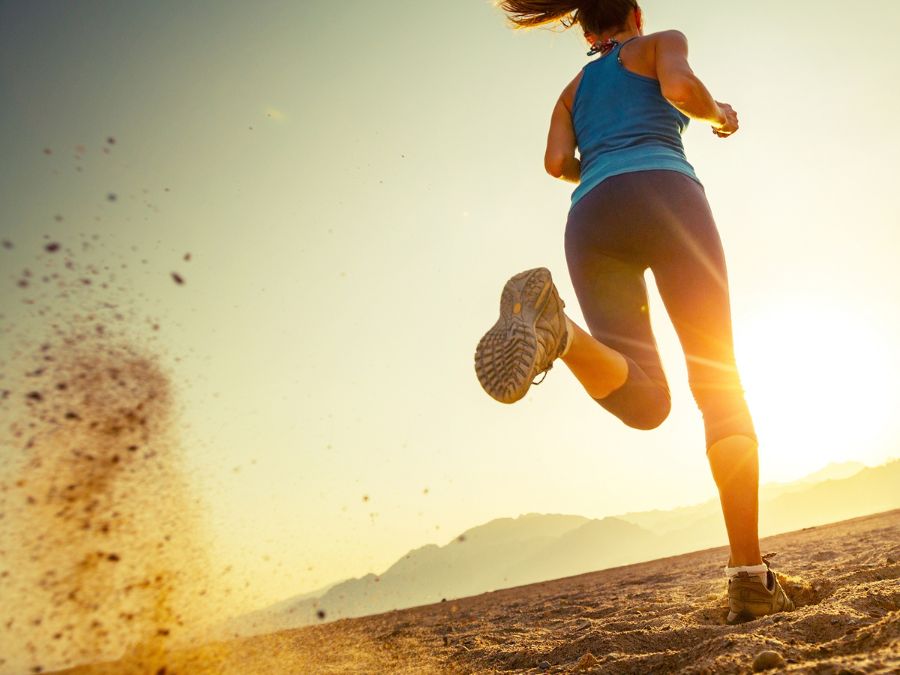 According to the 2024 Adult Compendium of Physical Activity, running at a moderate pace of 6 miles per hour (a 10-minute mile) equates to 9.3 METs, a measurement of energy expenditure. For a 150-pound runner, this pace would burn approximately 110 calories per mile. Heavier runners will naturally burn more calories, while lighter individuals will burn fewer.
According to the 2024 Adult Compendium of Physical Activity, running at a moderate pace of 6 miles per hour (a 10-minute mile) equates to 9.3 METs, a measurement of energy expenditure. For a 150-pound runner, this pace would burn approximately 110 calories per mile. Heavier runners will naturally burn more calories, while lighter individuals will burn fewer.
Key Factors That Affect Calorie Burn While Running
1. Your Weight
The heavier you are, the more calories you burn while running, as your body requires more energy to move. A 185-pound runner, for example, burns nearly 100 more calories in 30 minutes than a 125-pound runner, according to data from Harvard Medical School.
2. Your Pace
Running faster leads to higher calorie burn. Gatlin points out that incorporating intervals—alternating between fast and slower paces—not only increases calorie burn during the run but also activates something known as excess post-exercise oxygen consumption (EPOC). This “afterburn” effect keeps your metabolism elevated, so you continue to burn calories even after your workout is done.

In a 2012 study published in the Journal of Strength and Conditioning Research, researchers found that runners experienced elevated calorie burn for 15 minutes post-run, while those who walked the same distance only maintained an afterburn effect for 10 minutes.
3. Your Running Mechanics
Your running form, or mechanics, plays a critical role in how efficiently you burn calories. Grace Horan, an exercise physiologist, explains that factors like ground contact time, vertical motion (how much you bounce), and muscular strength affect your energy expenditure. Running involves more vertical motion than walking, meaning your body uses more energy not only to move forward but also to propel you upward with each step. This increased effort translates into more calories burned.
Beyond the Calories: Other Health Benefits of Running
While burning calories is one big perk of running, the benefits extend far beyond weight management. Running strengthens your cardiovascular system, boosts muscular endurance, and boosts your metabolism.
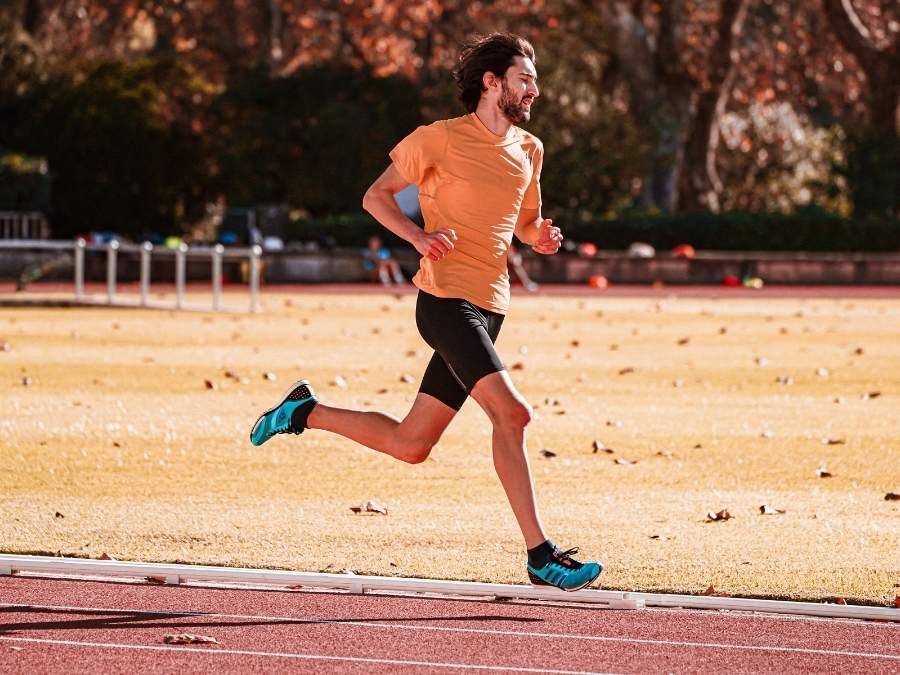 More importantly, running significantly improves overall health and helps prevent chronic diseases. Regular aerobic exercise, including running, has been shown to reduce the risk of heart disease, diabetes, and even certain types of cancer. A long-term study involving more than 55,000 Americans found that running for just five to 10 minutes a day—even at a slow pace—drastically reduced the risk of death from all causes.
More importantly, running significantly improves overall health and helps prevent chronic diseases. Regular aerobic exercise, including running, has been shown to reduce the risk of heart disease, diabetes, and even certain types of cancer. A long-term study involving more than 55,000 Americans found that running for just five to 10 minutes a day—even at a slow pace—drastically reduced the risk of death from all causes.
Another often-overlooked benefit of running is its positive impact on bone health. Gatlin explains that running promotes bone formation and increases bone mineral density, helping to protect against fractures and osteoporosis. This makes it an excellent option for maintaining bone strength as you age.
How to Maximize Your Calorie Burn While Running
If you’re looking to boost the number of calories you burn during your runs, here are a few expert tips:
- Add Intervals: Mixing in high-intensity intervals can increase both your calorie burn during the run and your afterburn effect.
- Run on Challenging Terrain: Hills and uneven surfaces require more energy to navigate, raising your overall calorie expenditure.
- Improve Your Form: Working on your running mechanics, such as reducing ground contact time and improving your stride efficiency, can help you expend more energy and boost your calorie burn.
- Strength Train: Building muscular strength, especially in your legs, helps improve running efficiency and increases calorie burn, as your muscles work harder during the run.
The Big Picture: Why You Should Keep Running
While calorie burning might be your initial motivation for running, it’s important to remember that the real magic lies in the overall health benefits. Running not only helps you manage your weight, but it also strengthens your heart, bones, and muscles, and reduces your risk of a host of chronic diseases. Even short, slow runs can make a huge difference in your long-term health.

So, next time you hit the pavement, know that you’re doing more than just torching calories—you’re investing in your physical and mental well-being for the long haul. Keep running, and your body will thank you.







